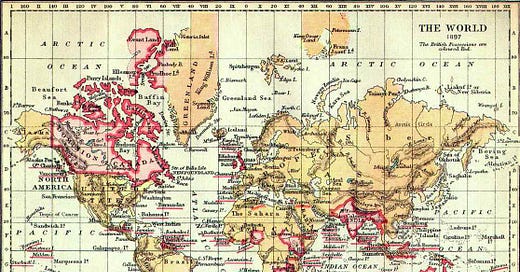The British Empire is not a morality tale
Nigel Biggar's Colonialism: A Moral Reckoning provides some welcome pushback to the ‘decolonise’ movement.
Nigel Biggar is no stranger to being cancelled.
When Biggar, a professor of moral and pastoral theology, first launched his ‘Ethics and Empire’ project at the University of Oxford back in 2017, a long list of academics called openly for his project to be shut down. Then, in 2021, publishers Bloomsbury shelved plans to release his book, Colonialism: A Moral Reckoning. Despite Biggar’s editor initially describing the manuscript as a work of ‘major importance’, within a few months, Bloomsbury decided that ‘conditions are not currently favourable to publication’. Fortunately for Biggar, a new publisher, William Collins, has now shown the moral courage to hit print.
The furore surrounding Biggar’s work proves his point that today, only one view of Britain’s history is acceptable. Schools, universities and popular culture all confirm the same narrative: the 400 years of empire – including the first voyages of discovery, the Atlantic slave trade, the establishment and management of the colonies, the abolition of slavery, decolonisation and the establishment of the Commonwealth – represent a uniquely reprehensible period in human history. All of this was apparently motivated by ruthless and murderous profiteering and, above all, a racist sense of white superiority and black inferiority. What’s more, the legacy of all this is said to endure to this day.
Biggar argues that the academics promoting this one-sided narrative show an ‘unscrupulous indifference to historical truth’. This, he says, ‘indicates that the controversy over empire is not really a controversy about history at all. It is about the present, not the past.’ On this at least, Biggar is right.




